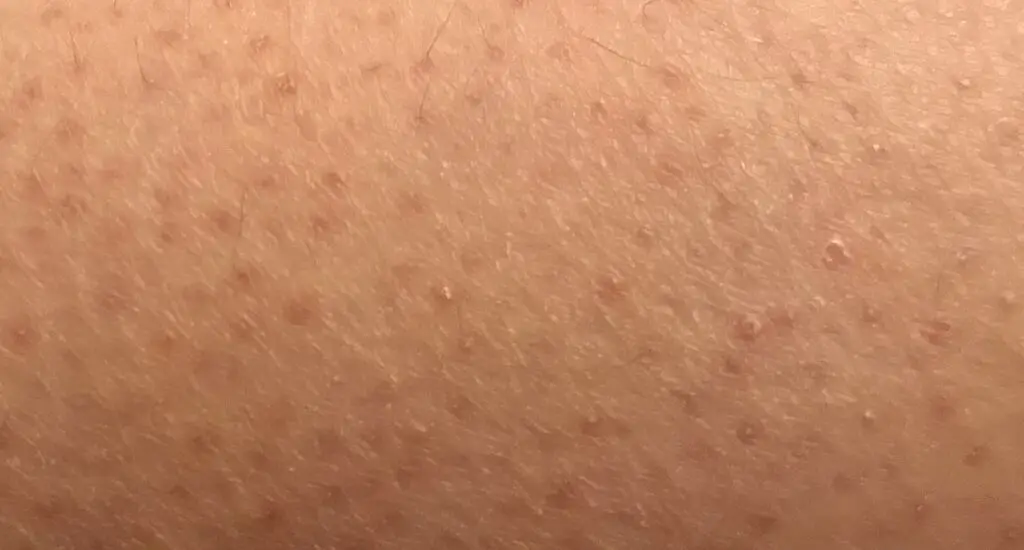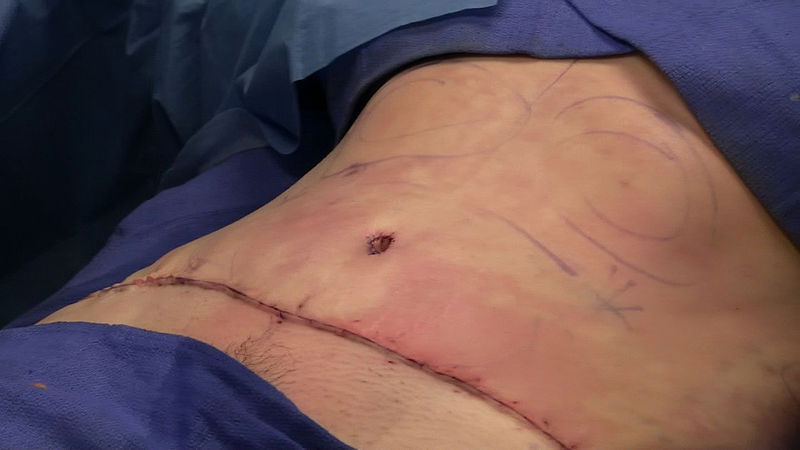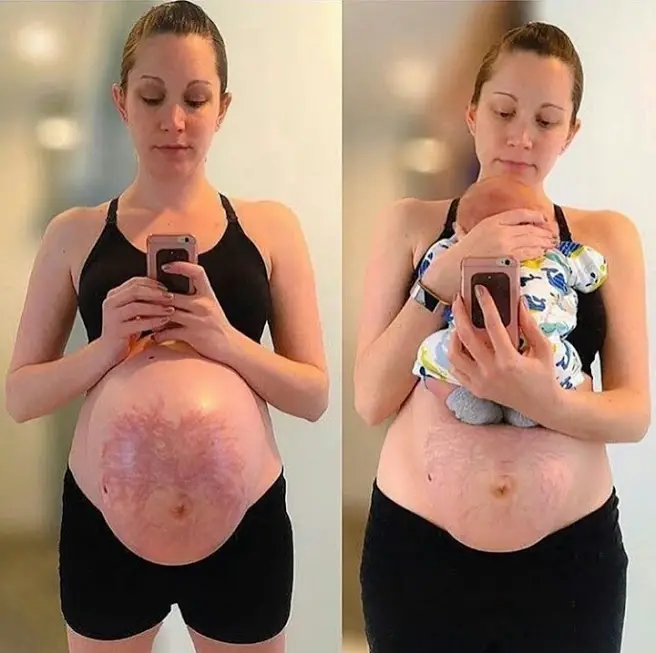Experiencing bumps on skin from eczema can be a distressing ordeal. This article is designed to help you identify, treat, and manage these bumps. Our approach is rooted in the guidance of reputable medical sources.

Table of Contents
What Causes Bumps on Skin From Eczema?
Understanding the underlying causes of bumps on skin from eczema is crucial for effective management. While the specific cause of eczema isn’t universally agreed upon, several key factors contribute to its manifestation.
Genetics: If your family has a history of eczema, asthma, or hay fever, you are more likely to develop eczema. The condition often appears first in childhood and may persist into adulthood, suggesting that genetic predisposition plays a role.
Environmental Triggers: Various substances and conditions can provoke eczema. Household items like soaps, detergents, and disinfectants are common irritants. Even changes in weather, especially dry or cold conditions, can trigger an episode.
Stress: Although stress is not a direct cause of eczema, it can exacerbate the symptoms. Stressful situations may lead to a cycle where stress worsens eczema, which in turn increases stress, thereby creating a vicious circle.
Learning to manage these contributing factors can offer some control over the condition.
How to Identify Bumps on Skin From Eczema
Properly identifying bumps on skin from eczema is a crucial step for effective treatment. The following characteristics can be signals:
Color: Eczema bumps can present themselves as red, brownish-gray, or even whitish patches. The color can vary depending on your skin tone and the severity of the condition.
Texture: Eczema often leads to small, raised bumps that may leak fluid, especially if scratched. The fluid can crust over, creating a distinctive appearance that helps in identification.
Location: These bumps commonly appear on certain areas of the body like the hands, feet, back of the knees, or elbows, but they can manifest anywhere.
If these symptoms persist, consult a healthcare provider for a definitive diagnosis, which may include tests like skin scraping or biopsies.
Treatment Options
Managing eczema’s symptoms often requires a multi-faceted approach. Here are some standard treatments:
Topical Corticosteroids: These are specialized creams or ointments that can help control eczema flare-ups by reducing inflammation. However, it’s important to use them under a healthcare provider’s guidance to prevent side effects like skin thinning.
Antihistamines: These medications, available both over-the-counter and by prescription, can control itching. However, some antihistamines can make you drowsy, so they are often recommended for nighttime use.
Moisturizers: Keeping the skin well-hydrated can alleviate some symptoms of eczema. Choose ointments or creams that are fragrance-free to avoid further irritation.
A good example of such moisturizers is the CeraVe Skin Renewing Night Cream on Amazon.
It’s recommended you consult your healthcare provider before using any product no matter how good the reviews may be. The complexity of eczema, demands that a comprehensive treatment plan should be developed in consultation with a healthcare provider.
Source: National Institutes of Health
Check out these other related articles…
White Patches on Skin After Eczema: A Complete Guide
Discoloration of Skin Due to Eczema: Comprehensive 411 Guide
Lines on Skin from Eczema: Comprehensive 411 Guide
Red Skin After Eczema: Your Complete Treatment Guide
Can Skin Recover From Eczema: The Ultimate Guide to Healing
Skin Peeling After Eczema Flare Up: Healing or Concern?
Does Skin Discoloration from Eczema Go Away? Detailed Answer
Prevention Techniques
Preventing flare-ups is possible through careful management. Here are some tips:
Avoid Irritants: Identify and stay away from irritants like certain soaps or fabrics.
Maintain Humidity: Use a humidifier to maintain moisture in the air.
Stay Hydrated: Drink plenty of water to keep your skin hydrated from within.
Source: Eczema Society of Canada
When to Seek Professional Help
If symptoms persist despite over-the-counter treatments, it’s crucial to consult a healthcare provider for a comprehensive diagnosis and personalized treatment plan.
FAQs
Q: Can eczema bumps spread?
A: Eczema itself is not contagious. However, if you scratch the bumps and cause a bacterial infection, that can be contagious.


